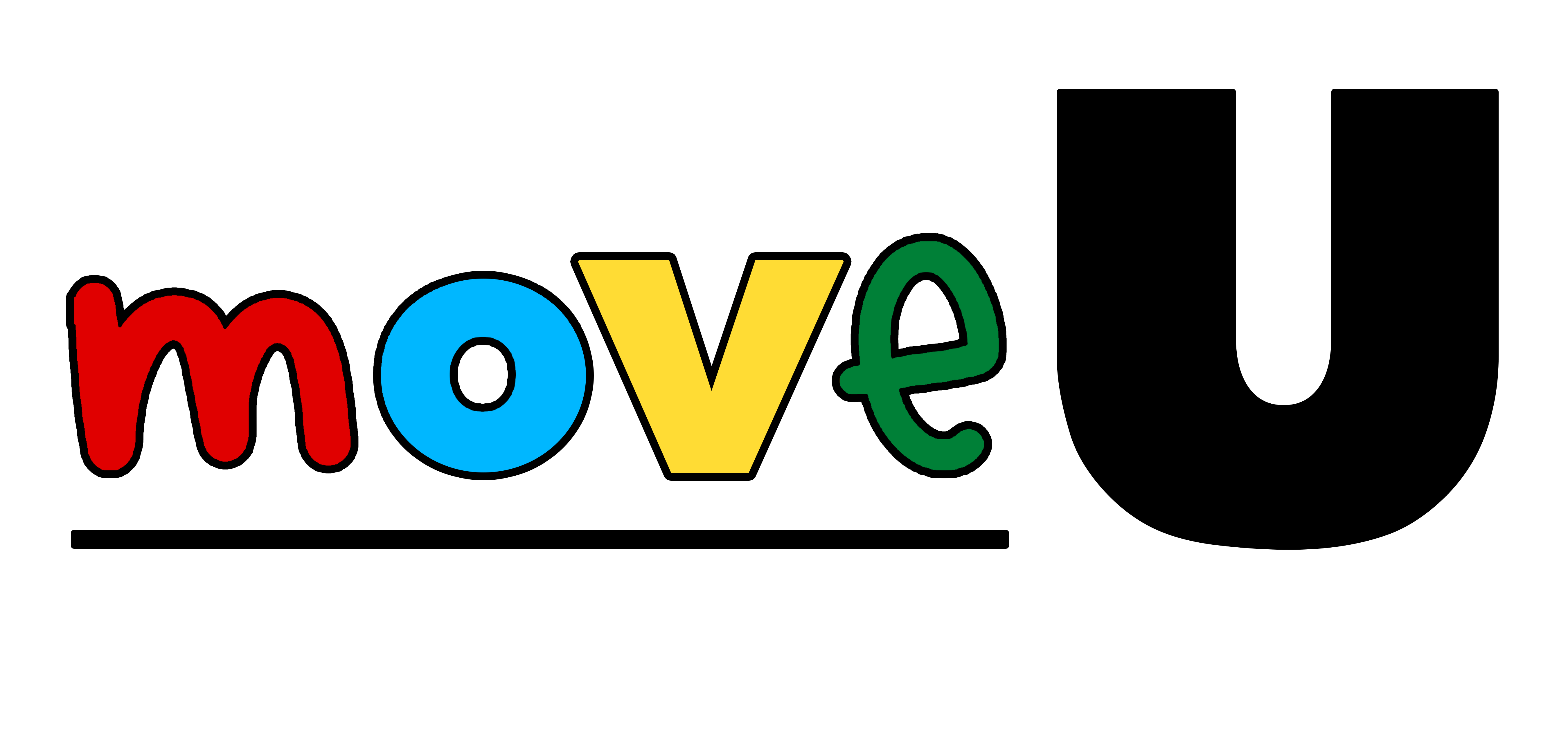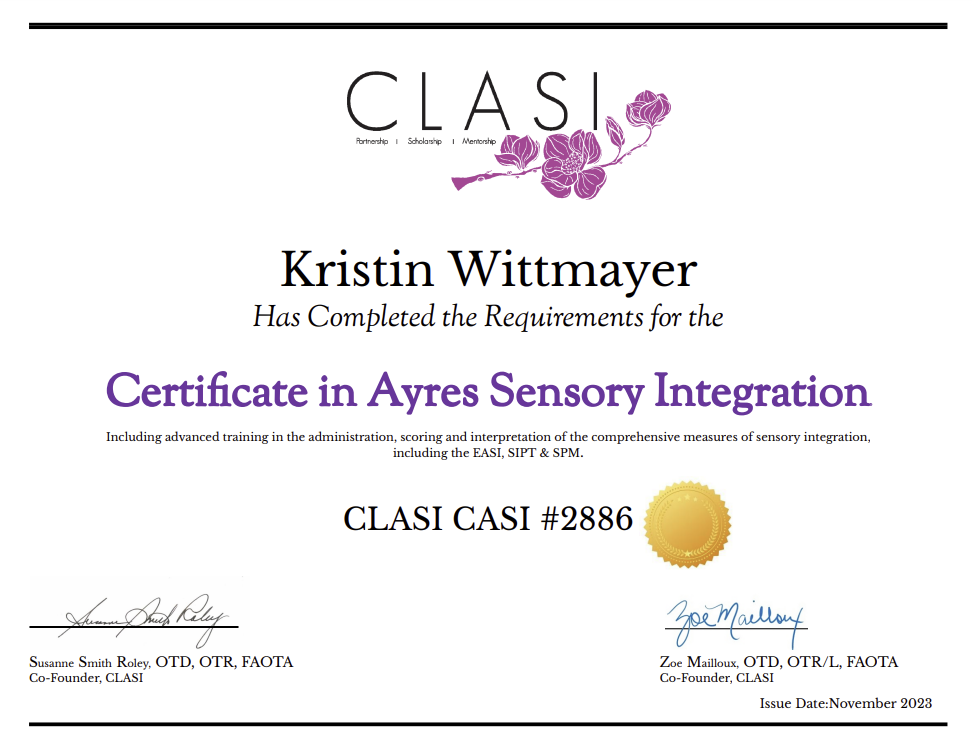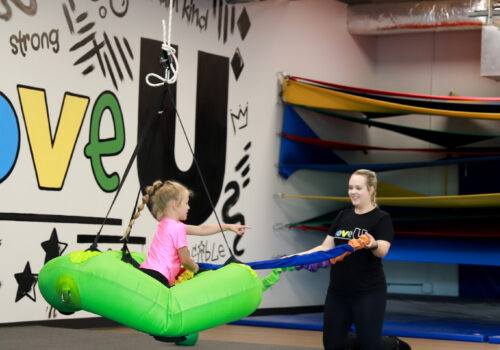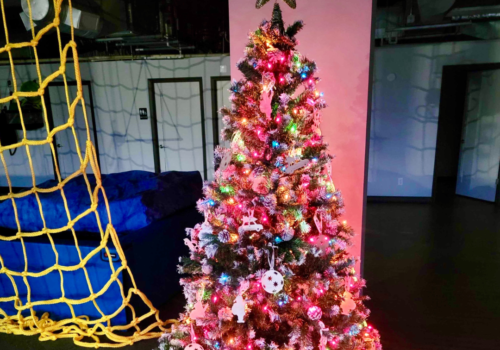Sensory processing and integration disorders are complex and difficult to assess and treat. One child with sensory challenges may behave, learn, move, respond, and interact much differently than another child who also struggles with sensory processing disorder. An estimated 5-16.5% of the general population (Miller, et al., 2017) are impacted by sensory processing challenges that interfere with day-to-day participation in occupation (meaningful activity).
In order to understand, accurately assess, and skillfully treat sensory processing challenges, an immense understanding of the neuroscience underpinnings of sensory processing disorder, patterns of dysfunction, and how to facilitate change are needed. Throughout the course of my 17-year career as an occupational therapist, I have actively sought out the best but also most intense training programs in order to best serve my clients and their families. This began originally with weekend courses and progressed to 3-4 day training programs. By 2009, I was enrolled within the original Ayres Sensory Integration training program offered by the University of Southern California (USC) and Western Psychological Services (WPS). This included 120 hours of in-person training and mentorship with a clinician who previously completed the certificate course. I completed this in 2010, but I was left with many questions related to the neuroscientific underpinnings of which 30 of the 120 hours had been devoted. This propelled my next adventure to complete my Advanced Practice Certificate in Neuroscience through Thomas Jefferson University in Philadelphia in 2012 taught by Roseann Schaaf, PhD, OTR/L, FAOTA.
Fast forward to 2022 and 2023, I returned to my roots and completed the revamped Certificate in Ayres Sensory Integration (CASI) through the Collaborative for Leadership in Ayres Sensory Integration (CLASI). However, this time I completed 180 hours of education and training. Currently, most therapists with their certificates reside on the East and West coasts. Aside from myself in Sioux Falls, SD, the next closest certified clinicians reside in Kansas as well as the Chicago area.
Completing this revamped training program provided me with access to and training in the newest available standardized assessment tool called the Evaluation of Ayres Sensory Integration (EASI). This tool provides information related to how a child is responding to or registering sensory information which can impact a variety of functions such as motor planning, problem solving, fluidity of movement, balance, postural control, perception of touch, use of force, motor control, visual skills, and reactivity to stimuli. Accurate identification of sensory processing challenges and underlying dysfunction propels a clinician’s ability to accurately provide treatment.
Although the evaluation procedure differed from the originally established programming, the overall use remains similar. The focus is child-directed, sensory-rich, individually tailored, fun, novel, and play-based treatment that we utilize at Move U. Our focus and goal is to provide the best possible treatment for children that are struggling with behavior, emotional regulation, motor coordination, learning, attention, and the ability to relate and interact with others.
If your child or a child you know is struggling to adapt to change, behaves or responds differently to parenting, instruction, or environmental stimuli, is emotional, or has poor motor coordination, learning challenges, and ability to sustain attention, please share our website and social media resources with them. Move U clinicians are well educated and engage within training programs that others might deem as too intense, time consuming, or lack cost-effectiveness. It’s important to us to learn from the best, acquire the best, and serve our community in the best capacity that we can.
If you’re interested in learning more about our occupational therapy treatment or want to get your child in for an appointment, click the button below!
Miller, L.J., Schoen, S.A., Mulligan, S., & Sullivan, J. Identification of sensory processing and integration symptom clusters: A preliminary study. Occupational Therapy International. 2017;2017: 2876080. Published online2017 Nov 16. doi: 10.1155/2017/2876080.



